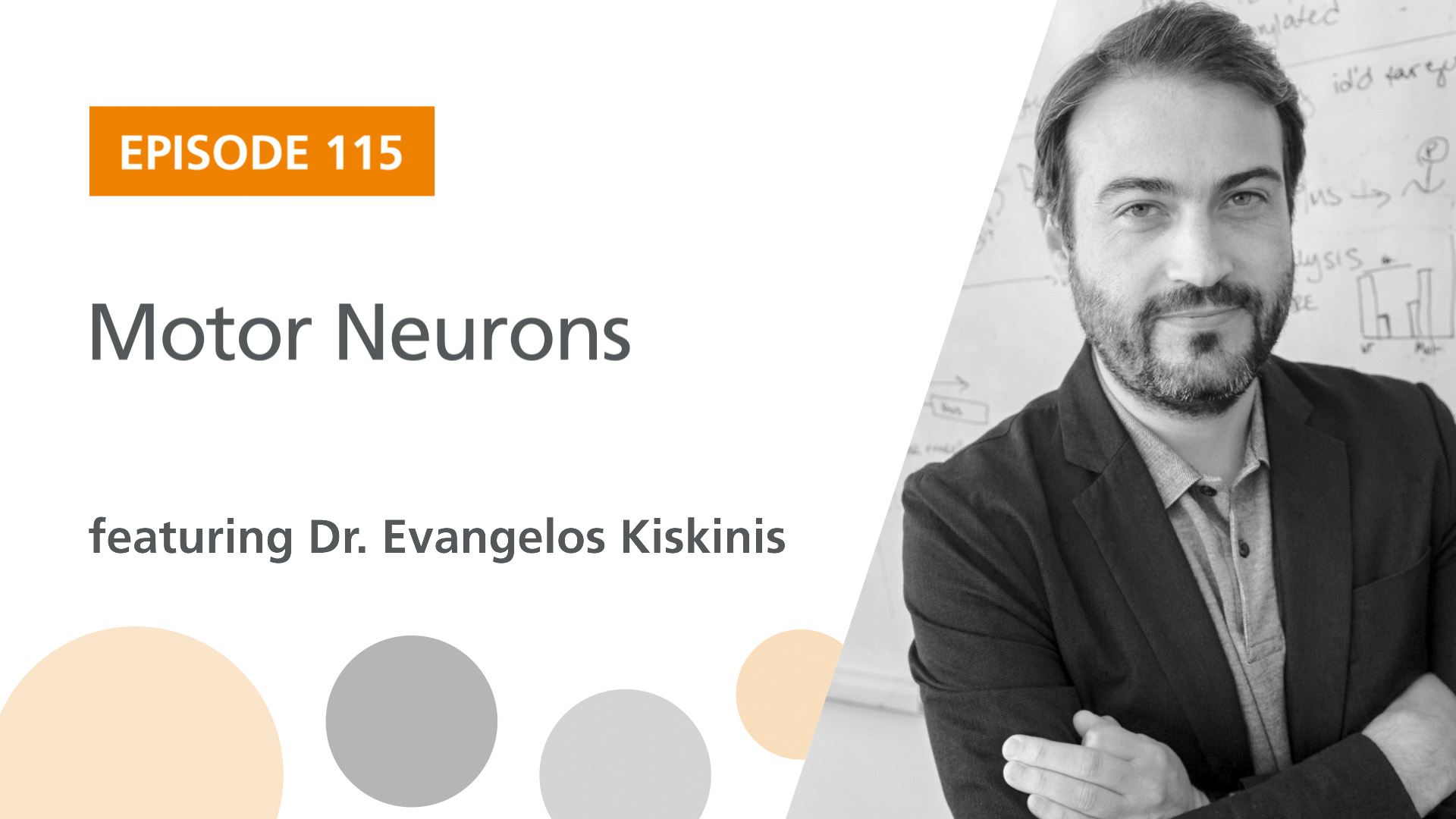
Podcast: Play in new window
Guest:
Evangelos Kiskinis, PhD is an Assistant Professor in Neurology at Northwestern University. His lab focuses on addressing fundamental aspects of the biology of human neurons in the context of physiological conditions and in the context of diseases such as ALS.
Resources and Links
How Norovirus Invades – While investigating the cell tropism for murine norovirus, scientists discovered that a rare cell type, tuft cells, carrying the CD300lf receptor were the virus’s specific target.
Viruses that Clean Up Bacteria– Viruses can be engineered to carry magnetic nanoparticles and modified DNA, transforming them into nanobots that detect bacteria in water or food.
Cancers Should Be Treated by Type Not Location – Cancer should not be treated based on where it is first found in the body, but depending on the type of tumor, scientists have said.
California Ordered to Add Cancer Warning to Coffee, but the Science Doesn’t Hold Up – Storm clouds are brewing in California’s coffee cups. Companies across the state will have to add a cancer-warning label to coffee, a judge ruled, because the drink contains a chemical called acrylamide.
Thrombopoietin is Required for Bone Marrow Stem Cell Maintenance– Investigators found that hematopoietic stem cells (HSCs) were markedly reduced in hepatocyte-specific thrombopoietin-deficient mice. These results indicate that systemic factors, in addition to the local niche, are a critical extrinsic component for HSC maintenance.
Researchers Optimize Lung Stem Cell Engineering Process– The Center for Regenerative Medicine’s pioneering research using induced pluripotent stem cells, which self-renew indefinitely as undifferentiated cells that become specific adult cell types, has helped create an inexhaustible source of disease- or patient-specific stem cells.
An In Vivo Model of Functional and Vascularized Human Brain Organoids– Scientists developed more sophisticated organoid models to help provide new insights into a range of neurological and psychological disorders.
iPSCs from a Hibernator Provide a Platform for Studying Cold Adaptation – The authors showed that ground squirrel iPSCs offer a unique platform for bringing cold-adaptive strategies from hibernators to humans in clinical applications.
Photo Reference: Courtesy of Evangelos Kiskinis

